6 Ways a Landscaping Service Will Improve the Health of Your Lawn
Your lawn is one of the first things people see when they visit your property. It adds to your curb appeal, can increase home value, and provides a spot for you to grow trees, plants, and other gorgeous vegetation. That's why maintaining your lawn health should be a regular part of your residential care. Here are some of the ways that your local landscaping service will aid in the health of your lawn.
1. Good Hydration
If you see your lawn turning yellow or brownish, that's usually a sign of dehydration. Your lawn needs regular watering, which can be handled with a manual hose or an automated irrigation system that your landscaper can set up. However, like fertilizer, you don't want to give your lawn too much or too little water at one time. The ideal time to hydrate your lawn is usually in the early morning before the sun is too hot. When you underwater your lawn, the soil can dry out, and the grass may turn yellow or brown. However, overwatering can be just as detrimental as it can cause root rot and fungal growth.
2. Fertilization
Fertilizer is often referred to as "feed" since that's exactly what it does. It feeds your vegetation the nutrients it needs to grow and stay healthy. However, fertilizer isn't one-size-fits-all. There are different types of fertilizer on the market, and they can be organic or synthetic. One of the most popular organic options for fertilizer includes compost, cow manure, or chicken dung. Luckily, when you hire a local landscaping service, they understand what fertilizer is best for your grass and other plants. According to our landscapers, your lawn will need fertilization at least twice a year, usually in the fall in springtime. The best way to apply fertilizer is with a spreader to ensure it goes evenly throughout the lawn area.
3. Soil Aeration
While giving plants like grass regular hydration and fertilizer is common knowledge, did you know that air was just as important? Your landscaper will create small holes in the ground to allow air, water, and nutrients to penetrate your grass down to the roots. As a result, you can expect your lawn to have better drainage and less compacted soil. Tools for proper aeration include a spike aerator, garden fork, or even a power aerator.
4. Correct Mowing
If you don't want your grass height to get out of control and act as a breeding ground for critters like snakes to hide in, make sure you mow it regularly. However, you shouldn't mow your lawn just any old way. Luckily, your local landscaping service understands how to cut your lawn at the right height, pattern, and frequency. It's not a good idea to mow a lawn when it's too wet or hot outside. In terms of cutting level, our landscaping experts have found that it's best to avoid cutting more than one-third of a grass blade and change the direction of moving each time you do so. Changing the mowing direction can ensure the grass doesn't grow unevenly in areas.
5. Weed Control
One of the great things about having a local landscaping service is that they can easily keep track of weeds. Weeds can easily get out of control and suck all the nutrients out of the soil and prevent healthy grass and other plant growth. The landscaper knows how to apply the right type of fertilizer or herbicide to kill off weeds before they grow. In some cases, they may pull them out by hand or use weed whackers.
6. Lawn Mulch
According to the National Association of Landscape Professionals, leaving your grass clippings on the lawn can help return nitrogen and nutrients to the soil. It's simple to do this after mowing so you don't have to throw all the cut grass away. By using your grass clippings properly, the landscaper can help build you a healthy, sustainable landscape.
Your lawn is a vital part of your property. Luckily, a good local landscaping service has many ways to keep your lawn healthy and looking good year-round. At Ward’s Lawn Service, we have delivered for hundreds of Colorado homeowners high-quality services any time of the year. Give us a call today to get started with our services!
Serving Boulder, Dacono, Firestone, Frederick, Ft Lupton, Lafayette, Longmont, Louisville, Mead, Niwot, and Superior, CO
OUR SERVICES
RESOURCES

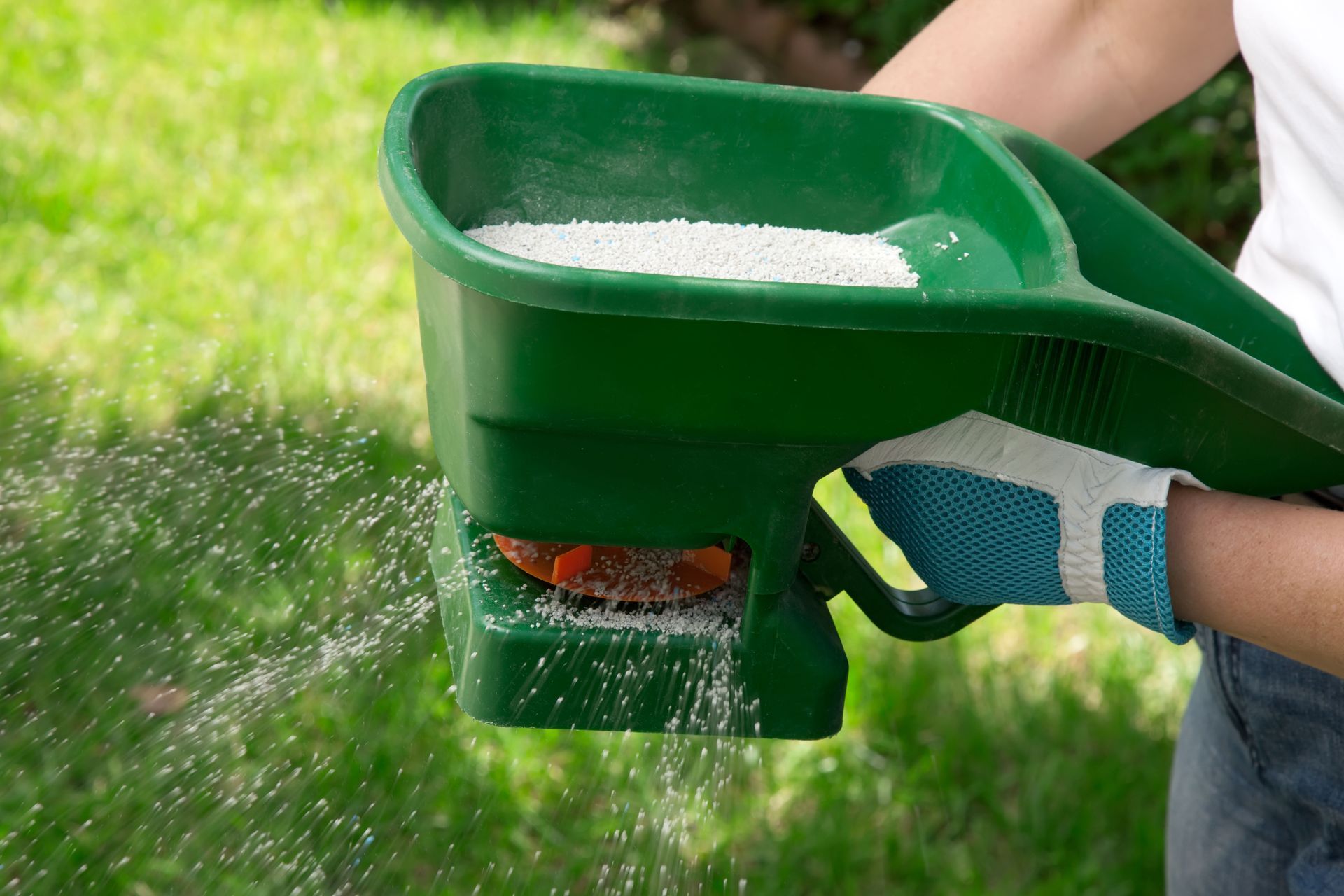

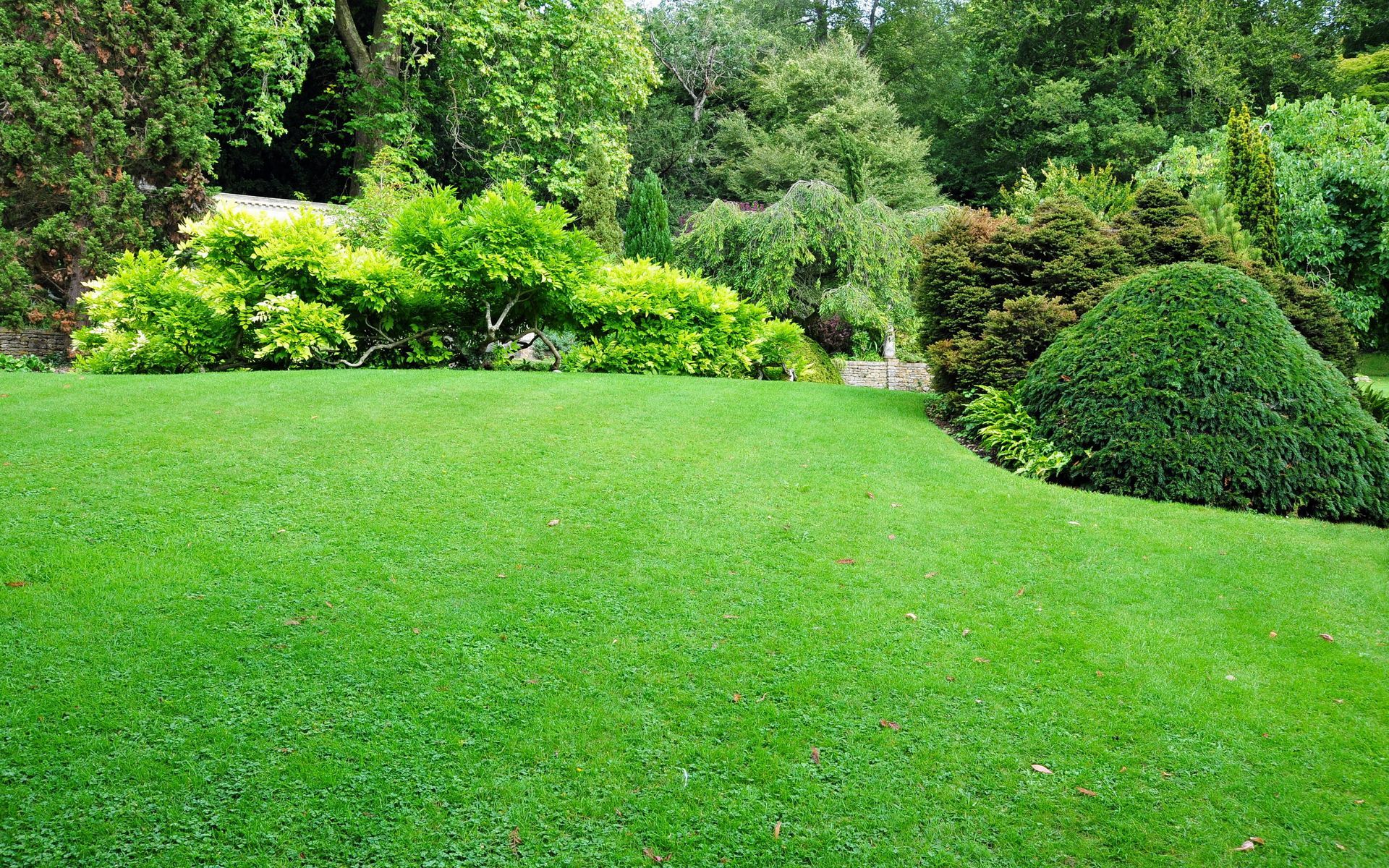


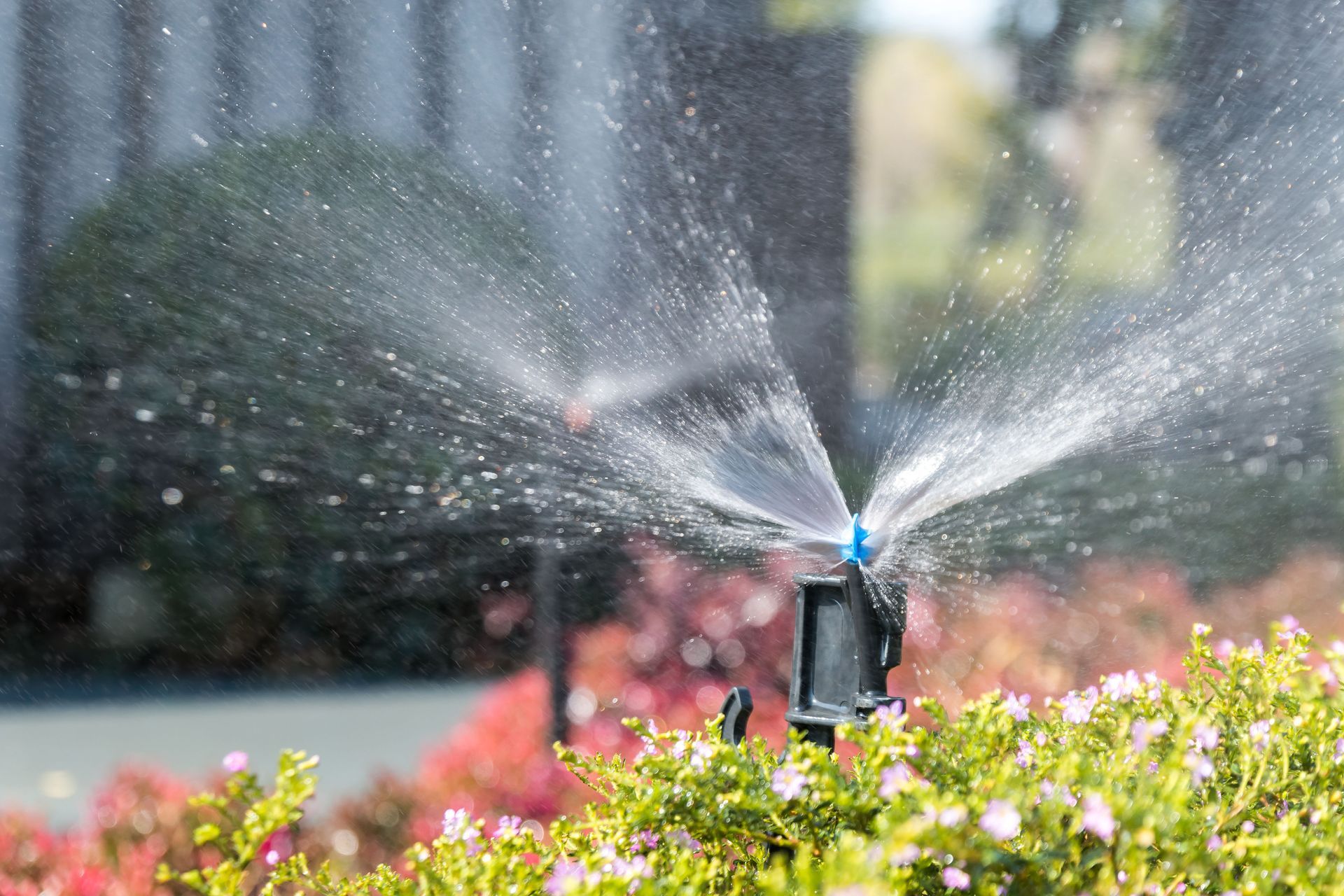
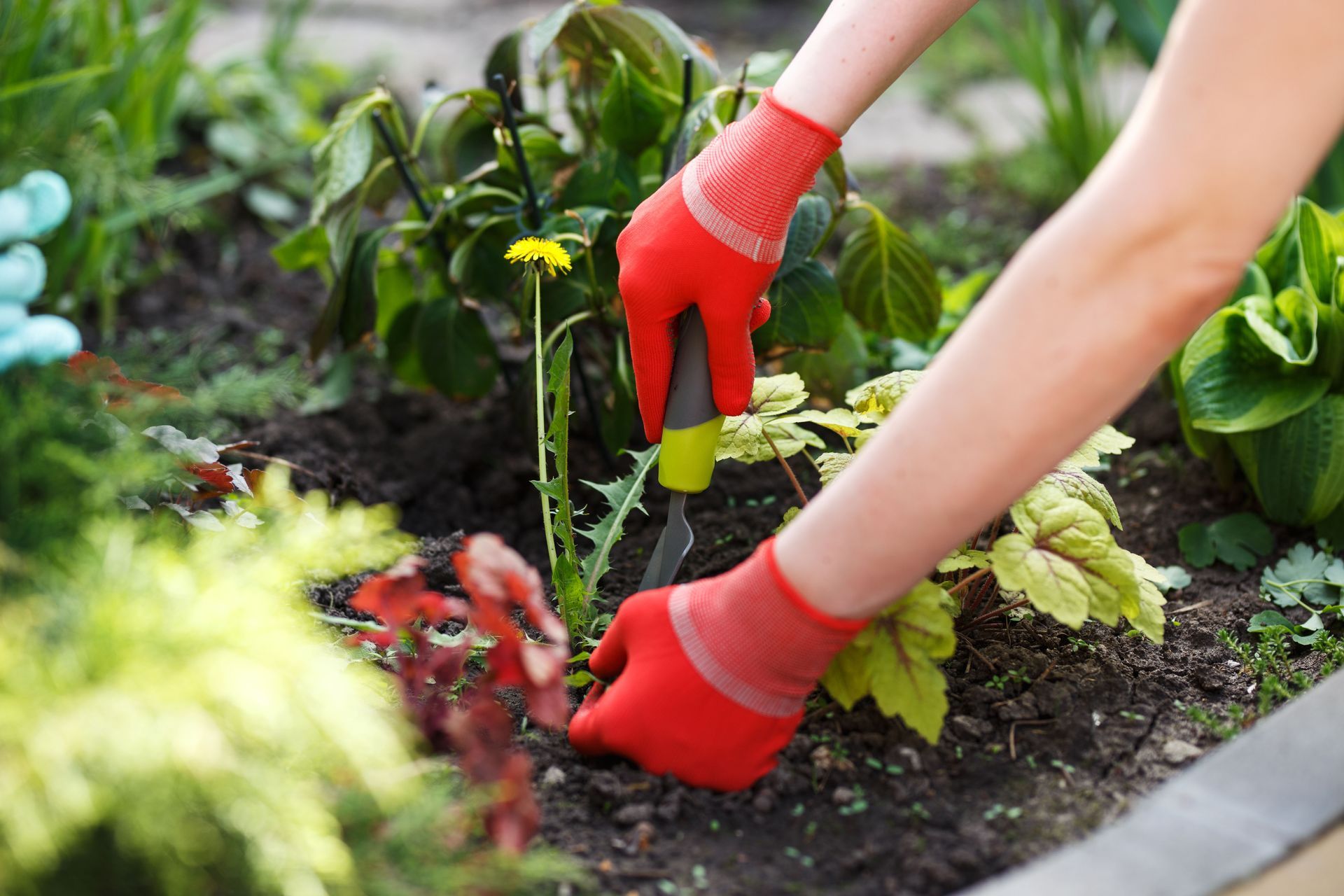
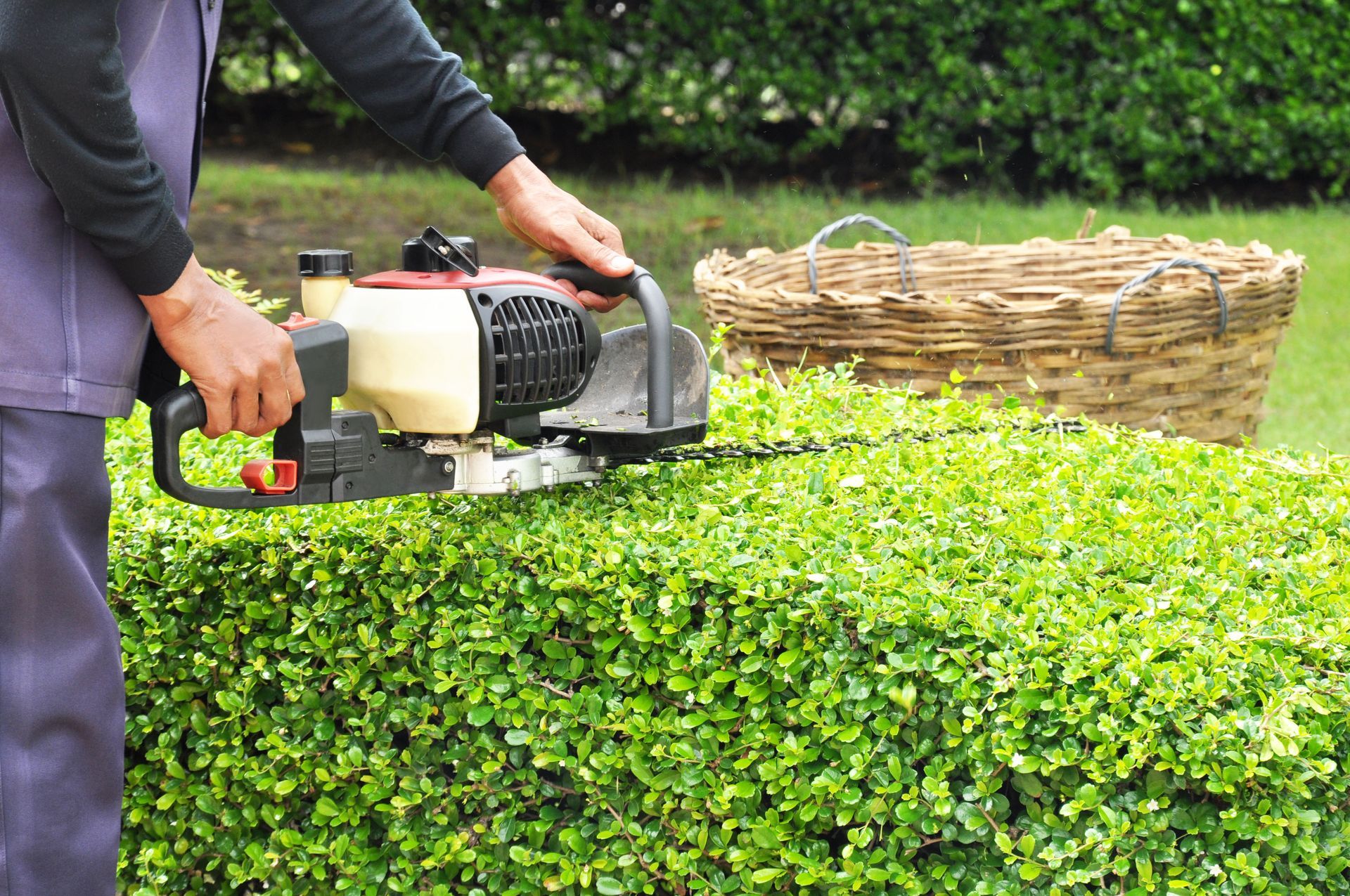
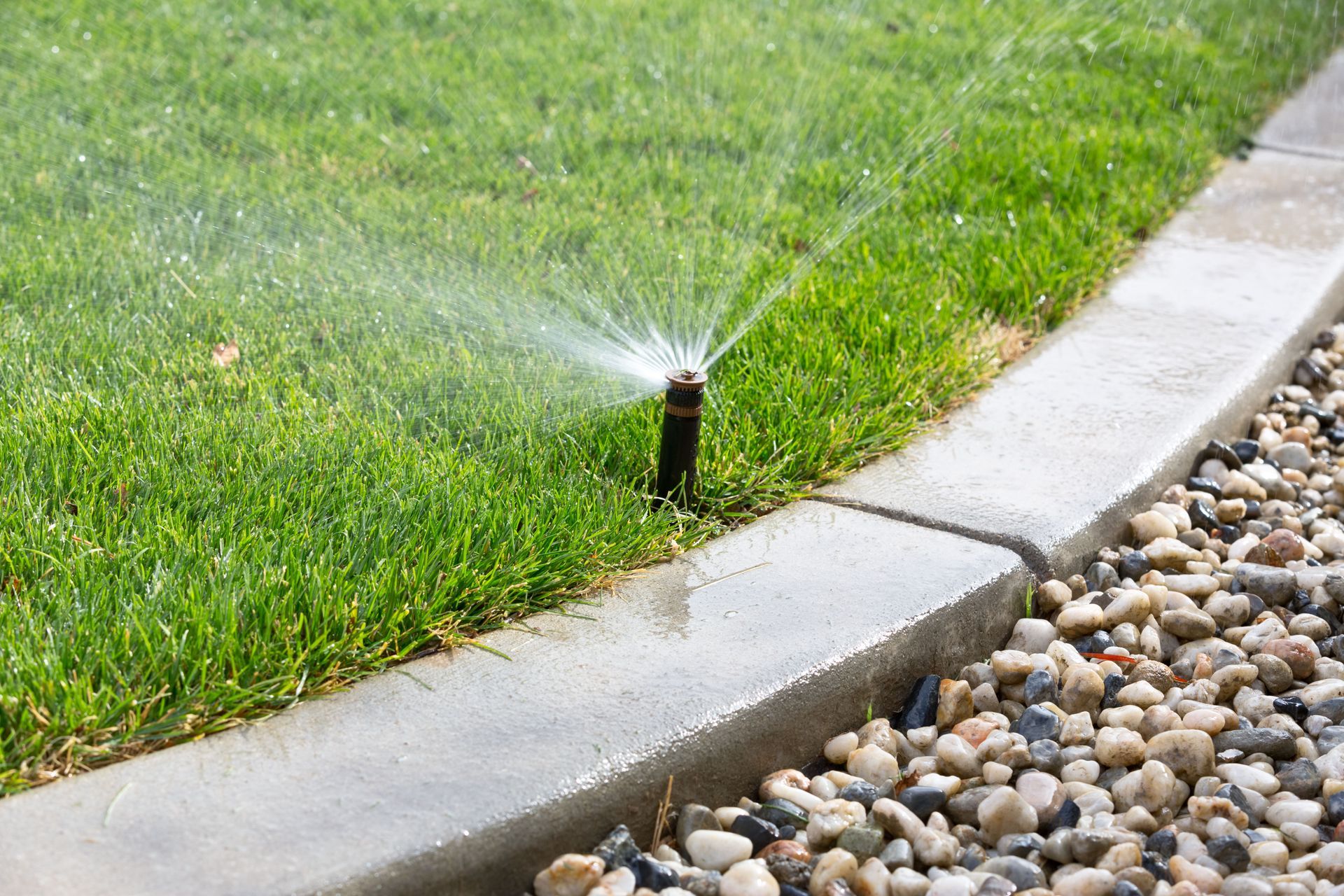
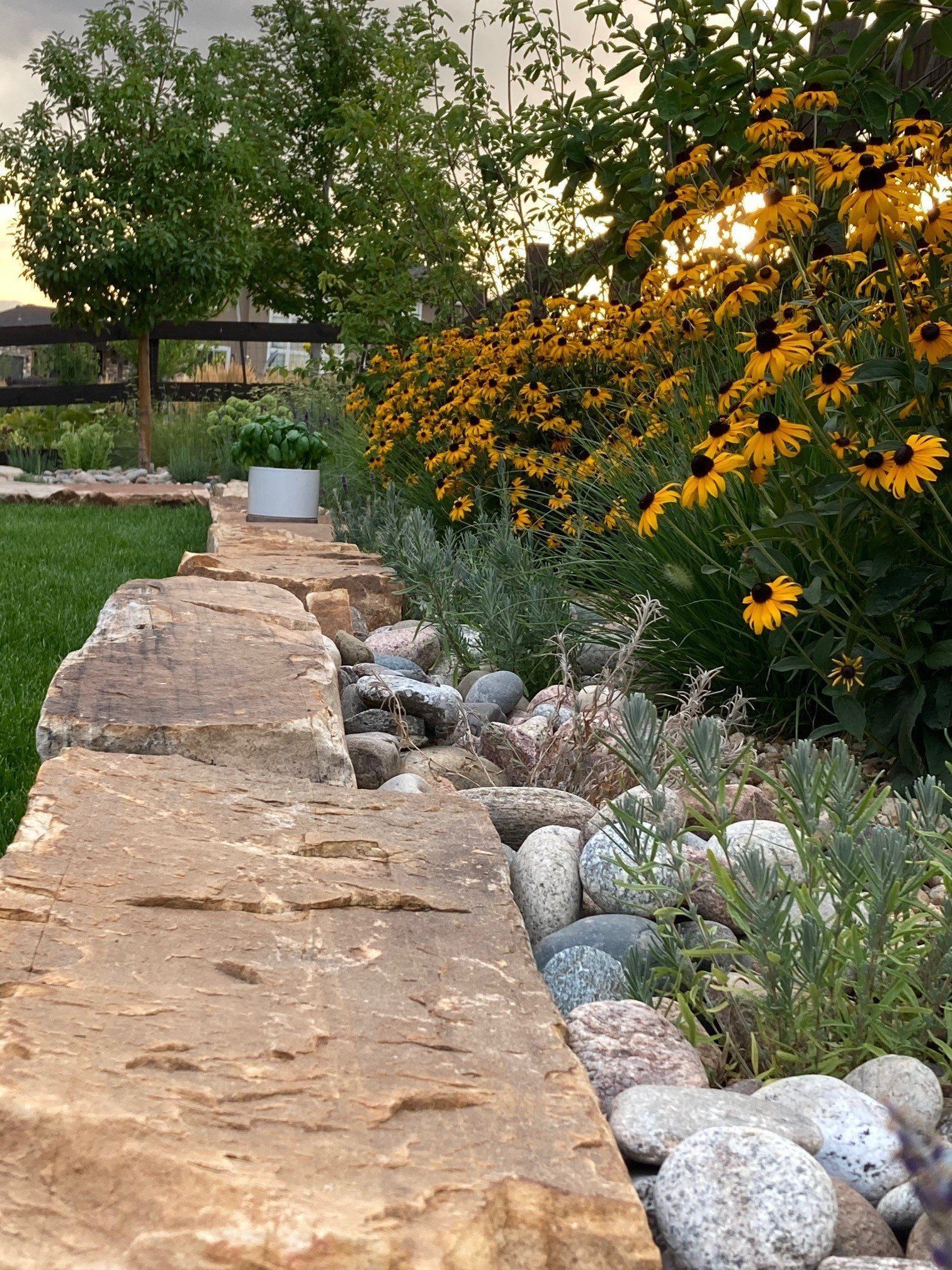
Share On: